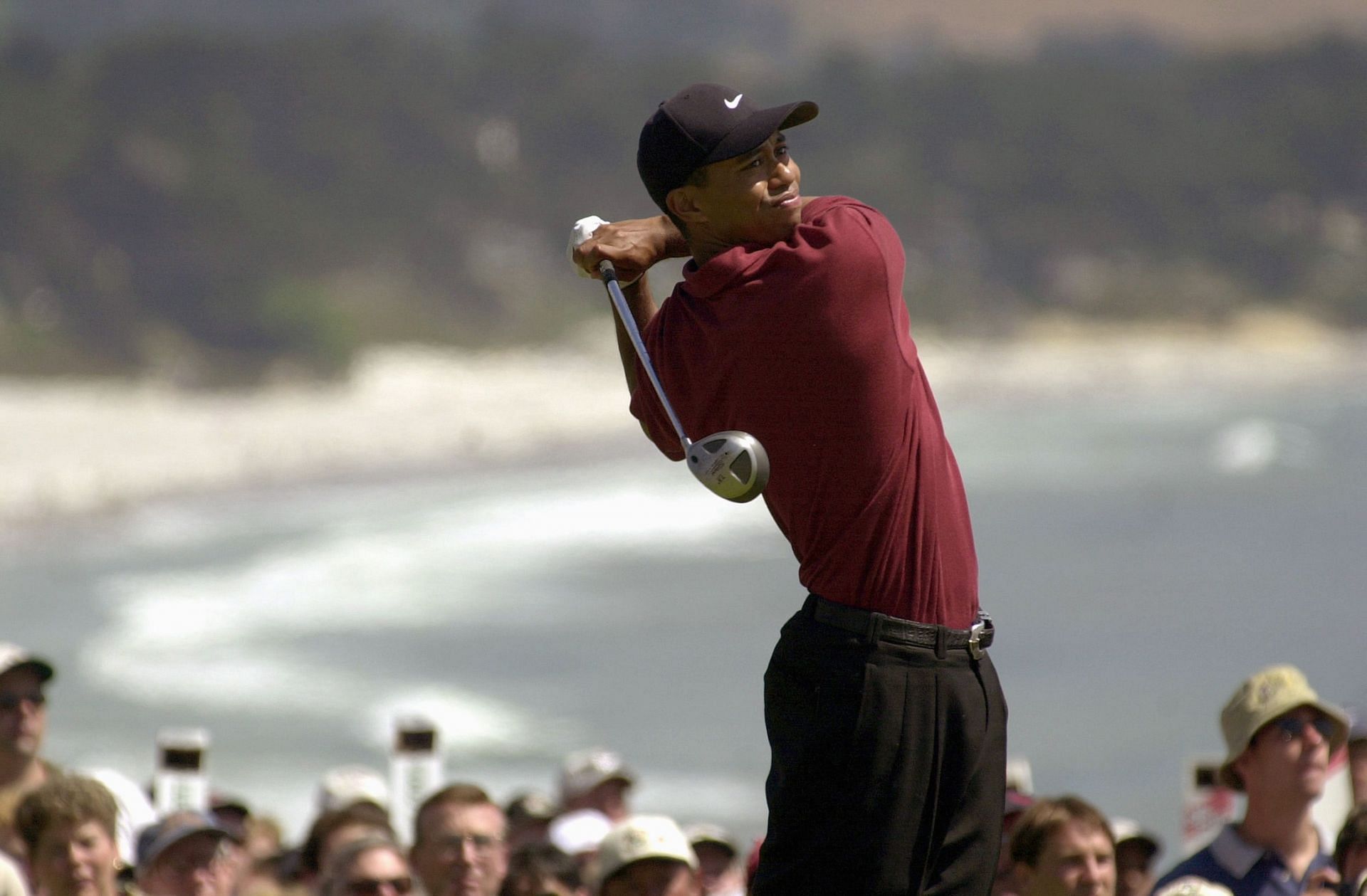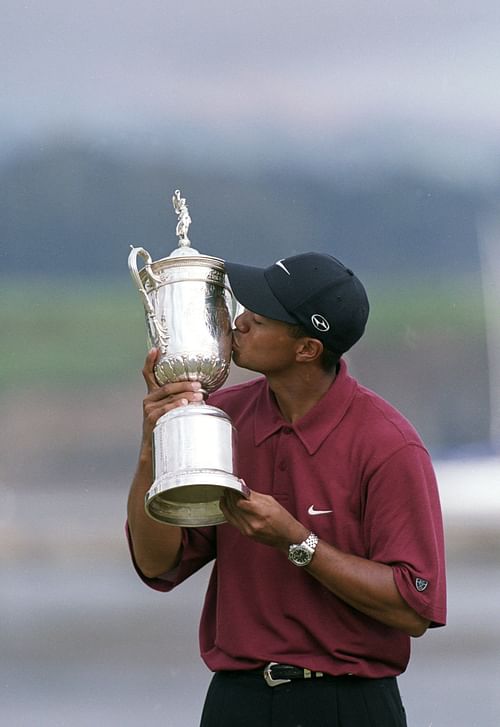
What is the biggest Major win in golf history? Exploring the record and more
When we talk about the biggest Major win in golf history, one name that immediately comes to mind is Tiger Woods. His 15-shot win at Pebble Beach during the 2000 US Open is etched in the annals of golf as a performance of sheer dominance.
The stage was set for golf history to be made in the 100th edition of the US Open, and Tiger Woods did not disappoint. In his 100th tournament as a professional golfer, Woods delivered an extraordinary performance that left the golfing world in awe.
Tiger Woods' victory at the US Open was not just any win; it was the most dominant performance in the sport's history. The numbers tell a story of unparalleled excellence.
Tiger Woods' numbers to achieve the astonishing Major record

With a combination of stunning rounds – 65-69-71-67 – Tiger Woods finished the tournament an astonishing 12 strokes under par. His margin of victory was a colossal 15 shots, setting a new record for the largest margin of victory in a major championship.
The previous record was set in the 1862 Open Championship at Prestwick Golf Club when Old Tom Morris bested seven competitors by 13 shots. He also set US Open records for the largest lead after 36 holes (a commanding six shots) and 54 holes (an astounding 10 shots).
In a historic feat, Moriss became the first golfer to win a US Open with a double-digit score under par. He played the first 22 holes without a single bogey.
Notably, Woods had zero three-putts throughout the tournament. He required just one putt for 20 of his first 38 holes.
Woods' record-breaking major win saw him receive praise from his fellow golfers. Phil Mickelson, who finished T16, described it as 'the greatest performance in golf of all time'. Rory McIlroy echoed this sentiment, emphasizing that such a once-in-a-lifetime performance is unlikely to be replicated.